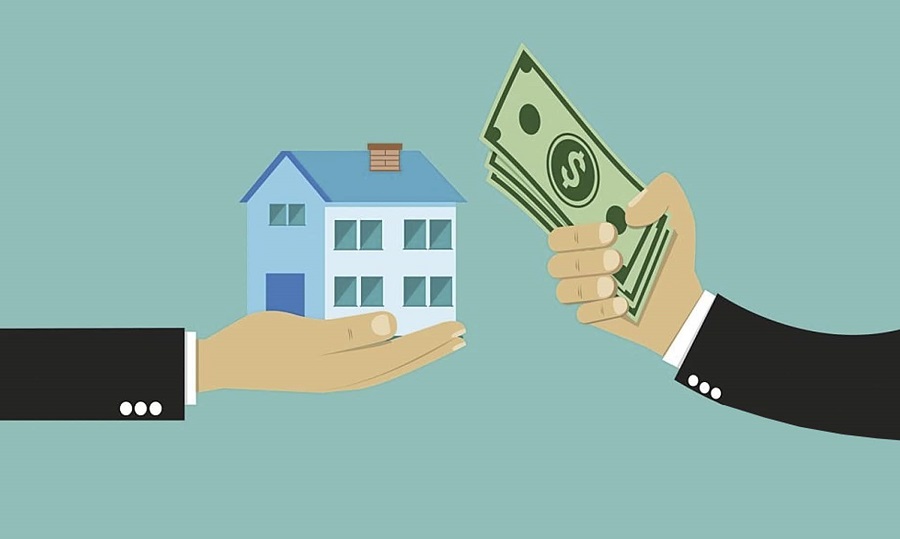When you hear the term “under contract” in the real estate world, it typically means that a buyer and seller have reached an agreement on the terms of a purchase. This is also known as entering into a contract or going under contract.
While this may seem like a simple concept, there are many details involved in this process that can be confusing for first-time homebuyers or sellers. In this article, we will break down what it means to be under contract in real estate and provide some tips for navigating this stage of the home buying or selling process.
The Basics of Under Contract
In order for a property to go under contract, both parties must agree on the terms of the sale. This includes the purchase price, closing date, and any contingencies (we will discuss these in more detail later). Once both parties have signed the contract, the property is considered to be under contract.
A common misconception is that once a property is under contract, it is a done deal. However, this is not necessarily true. Until the closing date arrives and all necessary documents are signed, there is still a chance for the deal to fall through. This is why it’s important for both parties to carefully review and understand all aspects of the contract before signing.
The Importance of Contingencies
One key aspect to understand about being under contract in real estate is the presence of contingencies. These are conditions that must be met in order for the sale to go through. Common contingencies include a home inspection, appraisal, and financing.
Let’s break down these contingencies in more detail:
- Home Inspection: This is when a professional inspector checks the property for any issues that may affect its value or safety. If significant problems are found, the buyer may request repairs be made or even back out of the contract entirely.
- Appraisal: This is an evaluation of the property’s value by a professional appraiser. The lender will use this information to determine how much they are willing to lend for the purchase. If the appraisal comes in lower than the agreed-upon purchase price, the buyer may have to secure additional funding or negotiate a lower price with the seller.
- Financing: This contingency states that the sale is dependent on the buyer securing a loan. If the buyer is unable to secure financing, they can back out of the contract without penalty.
These contingencies are put in place to protect both parties and ensure that the sale is fair and equitable.
How Long Does Under Contract Last?
The length of time a property is under contract can vary. Typically, it will take anywhere from 30-60 days for the closing process to be completed. However, this can vary depending on factors such as the type of financing being used and any unexpected delays.
It’s important for both parties to stay in communication during this time and ensure that all necessary tasks are being completed in a timely manner.
What Happens After Under Contract?
Once a property is under contract, various tasks must be completed before the closing can occur. These tasks may include:
- Scheduling and completing a home inspection
- Finalizing financing and securing a mortgage
- Obtaining homeowners insurance
- Completing any necessary repairs or negotiations
Once all of these tasks are completed, the closing date can be set.
Frequently Asked Questions
What happens if the buyer cannot secure financing during the under-contract period?
If the buyer is unable to secure financing, they can back out of the contract without penalty. However, this is why it’s important for buyers to get pre-approved for a loan before entering into a contract.
Can a seller accept backup offers while under contract with another buyer?
Yes, a seller can accept backup offers while under contract. This means that if the current contract falls through, the seller has another offer waiting in the wings.
Can a buyer back out of a contract after it is signed?
Yes, buyers have the option to back out of a contract during certain contingencies or if specific terms are not met. However, this may result in penalties or loss of earnest money.
What happens if the home inspection reveals major issues?
If significant problems are found during a home inspection, the buyer may request repairs be made or even back out of the contract entirely.
Can a seller accept a higher offer while under contract with another buyer?
While it is not illegal for a seller to accept a higher offer while under contract, it can be considered unethical. It’s important for sellers to honor the terms of the signed contract and not entertain other offers.
Conclusion
Being under contract in real estate is a crucial step in the home buying or selling process. It signifies that both parties have agreed on the terms of the sale and are working towards a closing date. However, it’s important for both buyers and sellers to understand the contingencies involved and stay in communication throughout this stage. With a thorough understanding of what it means to be under contract, you can navigate the real estate process with confidence. So, if you’re ready to buy or sell a property, make sure you have a good grasp on what it means to go under contract. Happy house hunting!





